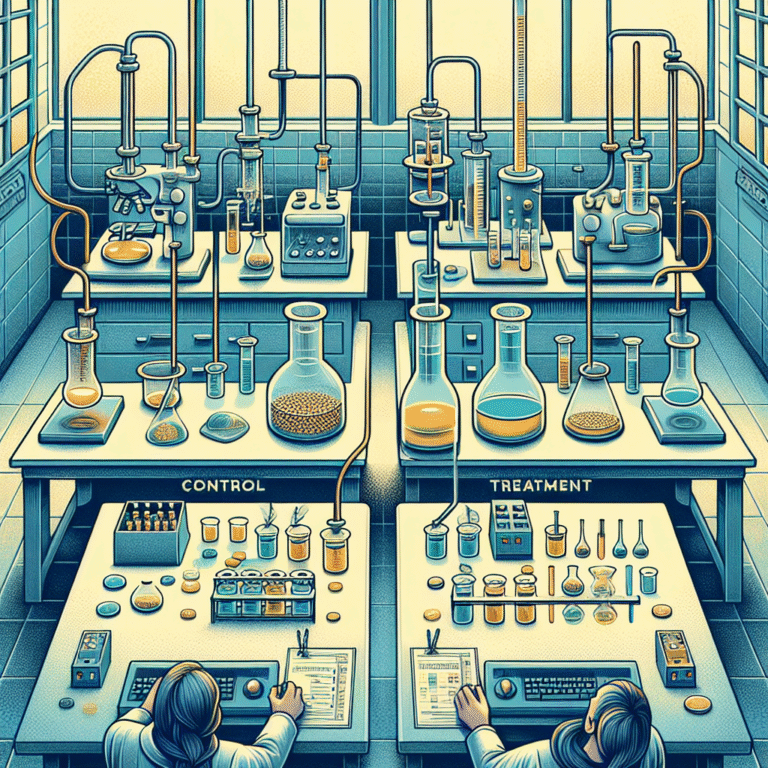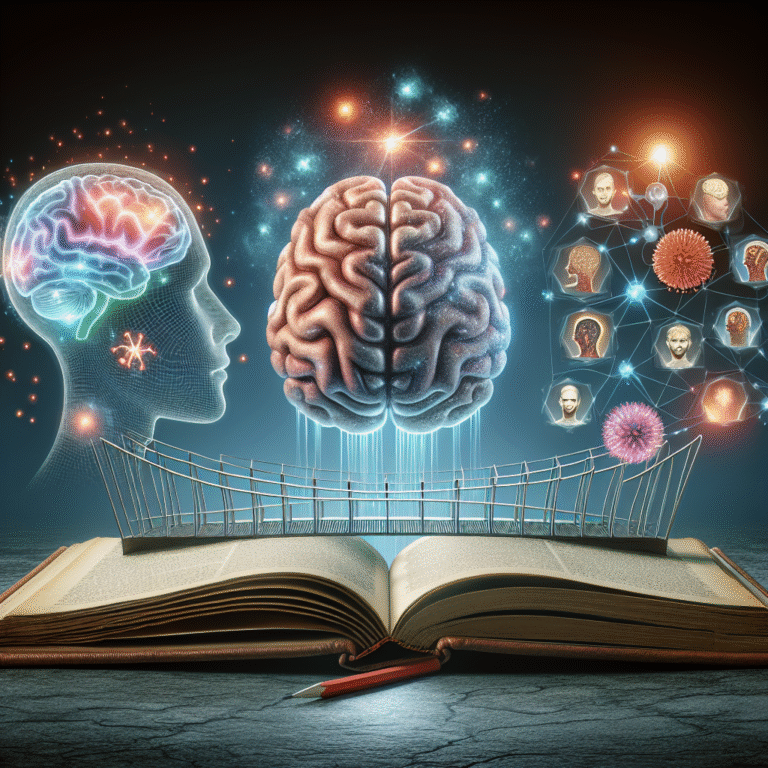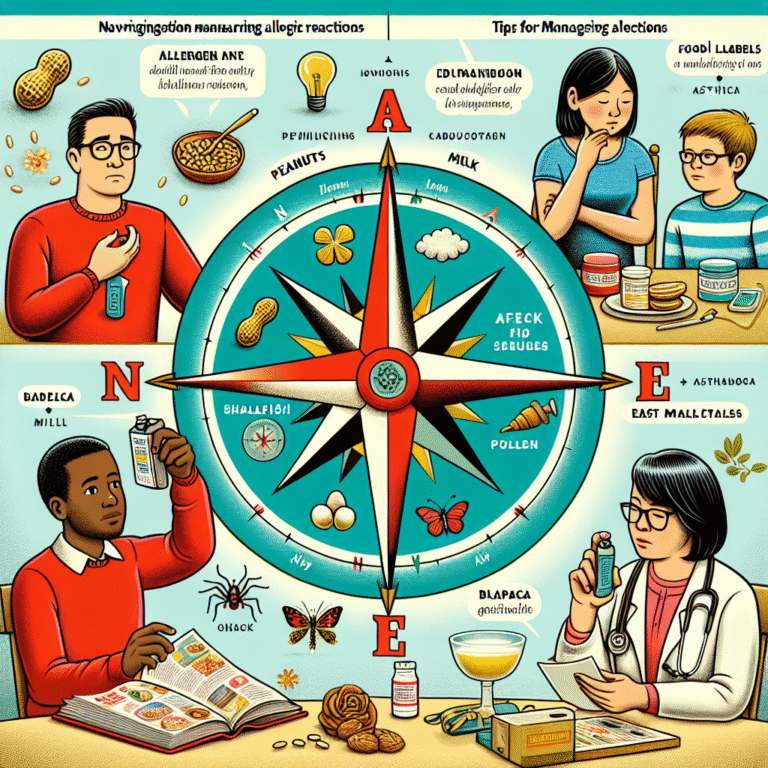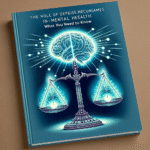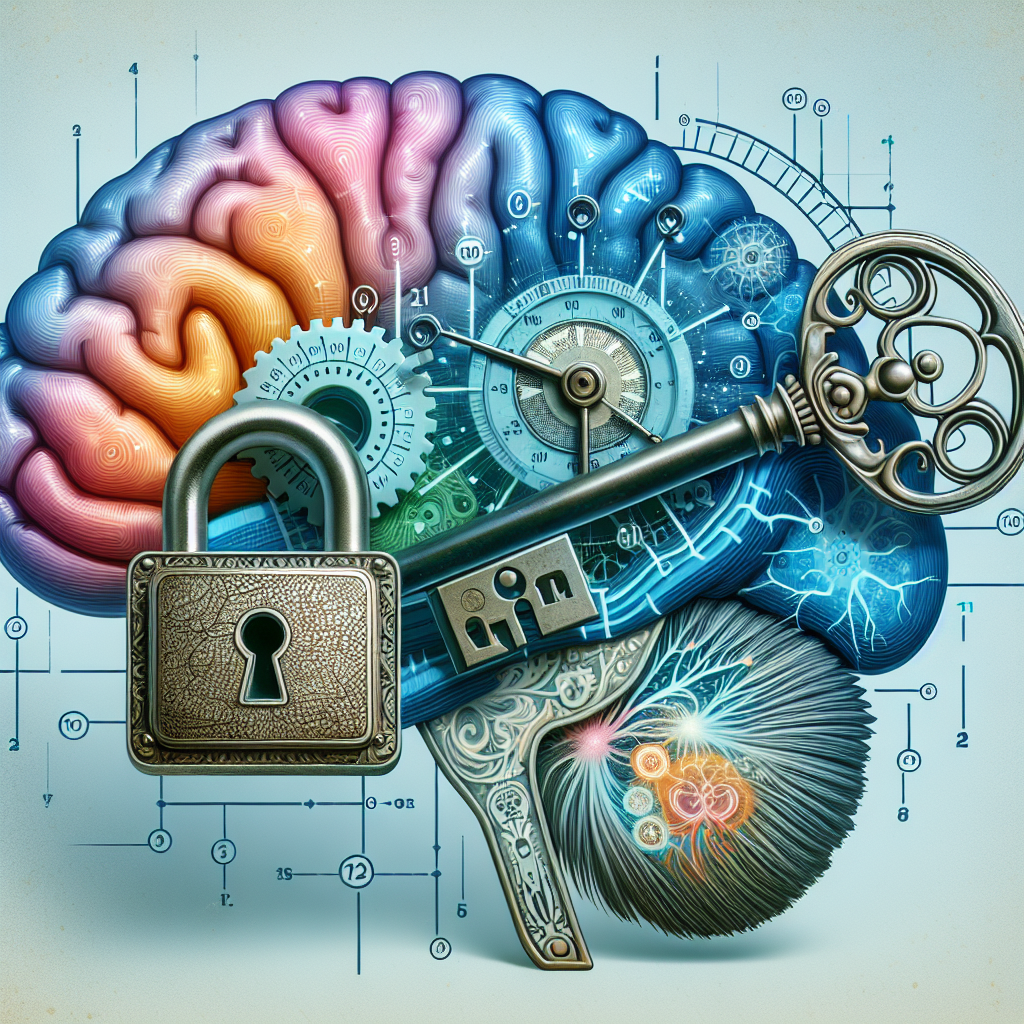
Introduction
Imagine walking into a room filled with people you’ve never met, yet with each face, a fragment of your past comes rushing back—laughter, challenges, pivotal moments. The ability to conjure these memories is not just a mental exercise; it’s the essence of who we are. Understanding Unlocking the Past: The Science Behind Episodic Memory and Our Personal Histories is essential in not only piecing together our identities but also in leveraging that understanding for personal growth and connection. This article will delve into the intricate fabric of episodic memory, unravel its complexities, and explore how it shapes our personal narratives.
The Foundations of Episodic Memory
Episodic memory is a critical component of our cognitive architecture, allowing us to recall specific experiences tied to personal context, time, and place. Distinguished from procedural or semantic memory, episodic memory covers life events—the first day at school, your wedding, or a cherished family vacation.
The Role of the Hippocampus
The hippocampus, a seahorse-shaped structure nestled deep within the brain, plays a pivotal role in the formation and retrieval of episodic memories. Research suggests that it helps encode experiences and store them in a way that facilitates later recall. These neural pathways become our personal histories, making the Unlocking the Past: The Science Behind Episodic Memory and Our Personal Histories not merely psychological concepts but lived realities.
Case Study: Patient H.M.
One of the most striking case studies in the study of memory is that of Patient H.M., who underwent surgery in the 1950s to alleviate severe epilepsy. The procedure resulted in the removal of parts of his hippocampus, which left him with profound amnesia. While he retained his semantic memory, his episodic memory was severely impaired, illustrating how critical the hippocampus is for recalling personal histories. This case underscores the importance of episodic memory not just for individual recall, but for constructing an identity.
The Mechanisms of Memory Encoding
Understanding how memories are encoded sheds light on the how and why behind our personal histories.
The Process of Encoding
When we experience events, sensory information is initially stored in short-term memory before encoding occurs. Here’s how this process breaks down:
- Attention: Focusing on a particular event strengthens the odds of it being encoded.
- Elaboration: Associating memories with existing knowledge enhances retention.
- Rehearsal: Subconsciously revisiting moments solidifies them in our minds.
Chart: Stages of Memory Encoding
| Stage | Process | Outcome |
|---|---|---|
| Sensory | Information captured | Short-term memory |
| Encoding | Attention + elaboration | Long-term memory |
| Retrieval | Recall of stored memories | Re-experience |
By understanding these stages, we can develop strategies to enhance our episodic memory systematically.
The Importance of Context
Fascinatingly, the context in which a memory is formed plays a crucial role in its retrieval. This phenomenon is known as context-dependent memory, whereby we recall memories more effectively when we are in the same environment or emotional state in which they were encoded.
Case Study: Studying Environments
In a classic experiment, students were tested on their recall of words learned underwater and on dry land. Results indicated that their recall was superior when tested in the same environment as their learning. This reinforces the concept that Unlocking the Past: The Science Behind Episodic Memory and Our Personal Histories involves not just internal psychological states but also external situational contexts.
The Nuances of Memory Retrieval
Retrieving episodic memories isn’t merely a straightforward process; it’s intricate and layered. Factors such as emotional state, the presence of cues, and even social interactions can significantly influence which memories are accessible to us.
The Encoding Specificity Principle
The encoding specificity principle states that the more similar the recall environment is to the encoding environment, the better the retrieval will be. Thus, harnessing environmental cues—like scents, music, or even certain objects—can enhance our ability to unlock memories associated with those cues.
Case Study: Smell and Memory
In a famous study by Cuadros et al. (2021), participants exposed to specific scents during learning were better able to recall related information when presented with the same scents later. This highlights how Unlocking the Past: The Science Behind Episodic Memory and Our Personal Histories can be influenced significantly by sensory experiences.
Memory and Identity
Episodic memories not only construct our past but also play a fundamental role in shaping our identity. The memories we hold affect our present behavior and future aspirations, contributing to our self-concept.
The Narrative Self
Psychologists argue that our life stories—crafted from episodic memories—create a cohesive narrative sense of self. This is known as the narrative self, which allows individuals to connect disparate life events into a coherent story, aiding decision-making and personal growth.
Case Study: Life Review Therapy
Life Review Therapy, often employed with elderly patients, encourages individuals to recall and affirm significant events from their past. This process not only enhances their episodic memories but also reinforces personal identity, showcasing how our memories are tightly woven into our self-conception.
Memory and Emotions
Emotions heavily influence the encoding and retrieval of memories. Emotional memories tend to be more vivid and easier to recall, thanks in part to the amygdala’s role in processing emotional experiences.
The Role of Emotion in Memory
Emotional arousal can serve as a catalyst, creating stronger neural connections that enhance recall. This is why emotionally charged events—like a graduation or marriage—are often more easily remembered.
Case Study: Trauma and Memory
In contrasting studies of individuals who have experienced trauma, it has been evident that traumatic memories are often more vividly recalled than non-traumatic ones. This distinction demonstrates the profound interplay of emotional intensity and episodic memory, illustrating why some experiences shape our lives in significant ways.
Enhancing Our Memories
Understanding how episodic memory works also allows us to apply techniques to enhance memory retention and recall. Here are some actionable strategies based on scientific principles:
1. Visualization Techniques
Visualizing a memory while using sensory details can help reinforce pathways associated with that memory.
2. Mindfulness Practices
Engaging in mindfulness can heighten attention to experiences as they happen, promoting better encoding.
3. Dual Coding
Utilizing both verbal and visual information can optimize learning and memory retention.
Table: Memory Enhancement Techniques
| Technique | Description | Benefits |
|---|---|---|
| Visualization | Create vivid mental images | Reinforces memory pathways |
| Mindfulness | Focused attention | Improves encoding |
| Dual Coding | Use of imagery with verbal info | Enhanced retention |
The Future of Memory Studies
As technology advances, so do the methods for studying and enhancing memory. Neuroimaging technologies, like fMRI, have opened channels for understanding memory at a biological level.
The Potential of Neural Implants
Emerging research into memory-enhancement techniques through neural implants may offer hope to those struggling with memory-related issues, making Unlocking the Past: The Science Behind Episodic Memory and Our Personal Histories more than a topic of academic interest—it’s a gateway to real-world solutions.
Conclusion
Unlocking the Past: The Science Behind Episodic Memory and Our Personal Histories is an ongoing journey that marries the realms of psychology, neuroscience, and personal experience. By understanding how episodic memory works, its effects on identity, the role of emotions, and the potential for enhancement, we empower ourselves to shape our narratives.
Life, after all, is not just about the events we’ve experienced but how we connect them into a coherent story. As we unlock the past, we illuminate the path to understanding ourselves and those around us.
FAQs
1. What is episodic memory?
Episodic memory is the ability to recall specific events, experiences, and personal histories, providing context about when and where they occurred.
2. How can I enhance my episodic memory?
Techniques like visualization, mindfulness practices, and dual coding can help strengthen memory retention and accessibility.
3. What role do emotions play in memory?
Emotions greatly influence the encoding and retrieval of memories, with emotionally charged events being more vividly remembered.
4. Can trauma affect episodic memory?
Yes, traumatic experiences can lead to more vivid and often intrusive memories, impacting an individual’s sense of self and personal history.
5. How does context influence memory recall?
Context-dependent memory suggests that we are more likely to recall memories when in the same environment or emotional state as when the memory was formed, enhancing retrieval.
By exploring the science behind episodic memory, we not only better understand our own histories but also gain valuable insights into how to make those memories more impactful and memorable.






